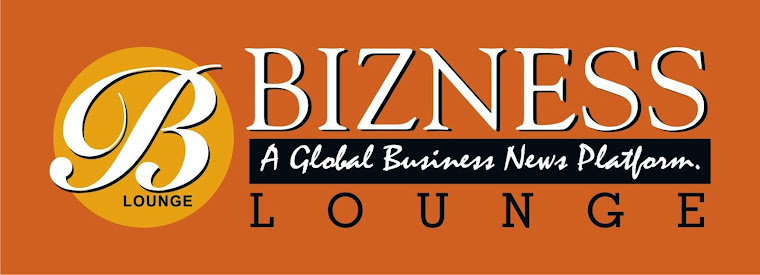These include:
- The preparedness of the election management body, the Independent National Electoral Commission (INEC);
- The apparent disregard of campaigning rules by non-party campaign groups supporting President Goodluck Jonathan, and INEC's inability to rein them in;
- Unguarded utterances by political heavyweights from both sides of the aisle;
- Intra-party and inter-party rancour; and
- The lingering security challenges, as typified by the Boko Haram insurgency challenge, mainly in the north-eastern geo-political zone of the country.
dealt with before the elections are uncertain. What is certain is that Nigerians want elections that will be peacefully organised and significantly free and fair.
The last two gubernatorial elections held in Osun and Ekiti, which were generally regarded as peaceful, transparent and fair, show that Nigeria can organise elections without any major hitches. However, significant numbers of security operatives were deployed in these two states, something that cannot easily be replicated in the forthcoming national elections given the immense size of the country in relation to that of the security forces.
There are several other pertinent security challenges. For example, how will INEC conduct elections in the volatile states of the north-east? The answer is largely unclear, especially as there are no timelines on when possible threats may end, and the three core north-eastern states, Adamawa, Borno and Yobe, are still under legislative-backed emergency rule.
Moreover, there are also numerous allegations of human rights violations and extra-judicial killings levelled against government forces in the region, in response to which the government has provided no answers, preferring to treat them as malicious and unfounded.
It is important to note too that hundreds of thousands of people have been displaced over the years by insurgencies and many have relocated to new abodes where they are unlikely to be registered to vote. INEC plans to document eligible voters among internally displaced persons in camps in different parts of the country. But it is not certain how this and the additional plan for them both to participate in the general election and for their votes to be transferred to their original states will work.
In other states where gubernatorial elections will take place in 2015, intra-state tensions are mounting as power-brokers decide which zone should produce the next governor, especially where the sitting governors have completed their maximum terms of eight years in office. Enugu, Lagos, Plateau, Rivers, Akwa-Ibom, Delta and Cross-Rivers are all states where sitting governors are coming to the end of their terms. And aggrieved groups in some of these states want the outcomes of state-level party primaries for the selection of gubernatorial candidates to be skewed in their favour.
Contestation along party lines cannot be lost in the dynamics of the discourse on state-level politics and the 2015 elections. The dominant party in Nigeria, the People's Democratic Party (PDP), is determined to achieve victory in all gubernatorial polls scheduled for next year. It is, however, yet to be seen whether they will succeed in this quest, especially in the south-west, which is still largely in the reins of the All Progressives Congress (APC).

No comments:
Post a Comment